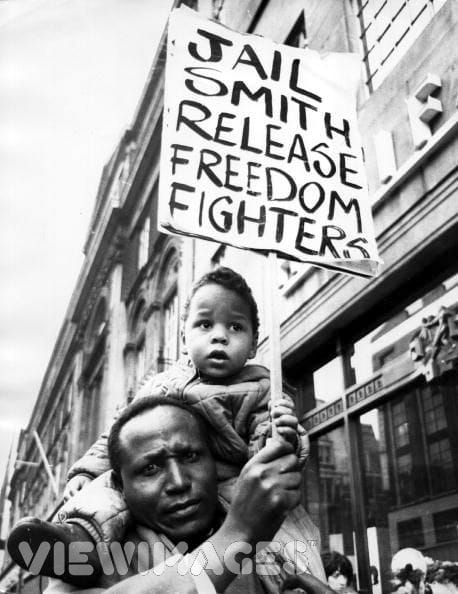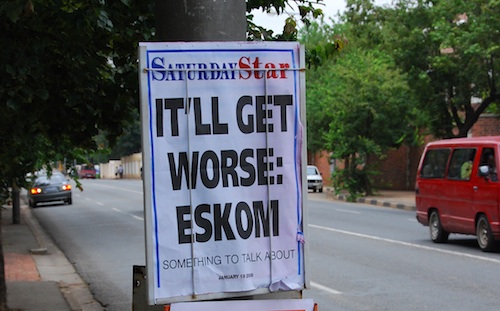Africa
By Laurent Carasso
February 2010 -- This report will not attempt a detailed survey of the world but will try to stress what is most significant, what, in our view, should come under a common understanding of events and tasks. On many regional situations, the comrades will broadly enrich the discussion through their interventions.
(I) The world situation is marked by crisis
For the first time in history, this crisis is located is explained by capitalist globalisation. No territory is immune. All the economic, social and political factors are interrelated worldwide. The economic crisis is not a conjunctural crisis. This is a systemic, structural crisis: this is the most serious crisis since 1929. The United States has lost 35% of its financial wealth and the Euro zone 25%. And, when governments speak of “emerging from crisis” we do not agree. There may be short-term recoveries, related to policies in support of activity in this or that country, but the countries of the centre -- the USA and Europe -- are not emerging from crisis. The explosion of public debt in southern Europe -- in Greece, Spain -- and the banking and financial uncertainty demonstrate the instability of the situation and a new phase of the crisis, at least in Europe.
The crisis is not over!
Zimbabwe: Despite Mugabe's opportunism, radical land reform is necessary

The Flame, March 2010 -- Green Left Weekly's Arabic-language supplement
South Africa: Momentum against climate-destroying World Bank loan grows

By Patrick Bond, Durban
March 16, 2010 -- In an indication that the climate justice movement is broadening, deepening and going local, there is now intense opposition to a climate-destroying energy loan for South Africa. The campaign is led by community activists in black townships allied with environmentalists, trade unionists and international climate activists.
The World Bank is trying to lend nearly US$4 billion to the Johannesburg-based state-owned electricity utility Eskom, the world’s fourth-largest power company and Africa’s largest carbon emitter (with 40% of South Africa's total emissions). The loan is mainly for constructing the world-s fourth most CO2-intensive coal-fired power plant, Medupi, in the ecologically sensitive Waterberg area north of the capital of Pretoria.
The World Bank also aims to finance privatised power generation, notwithstanding the abject failure of public-private partnerships in South African infrastructure, including in electricity and water. More than 200 organisations have signed up in protest.
Statement by the African Movement of Solidarity with the Saharawi People
March 11, 2010 -- A meeting of the Popular African Movement of Solidarity with the Saharawi People was held on the eve of the 34th anniversary of the proclamation of SADR (Saharawi Arab Democratic Republic), in Algiers, on the 26thSouth Africa, Algeria and Nigeria. An important delegation from the SADR was present at this meeting. of February 2010. It grouped civil and political movements from
The delegates included representatives of Movements of National Liberation, parliamentarians and political figures, Trade Unionists, representatives from different associations dealing with Women, Peasants, Youth and Students, Lawyers, Sports and Culture. In keeping with their commitment and convictions, and faithfulness to their history, they resolved to support the Sahrawi people, and their sole legitimate representative, the POLISARIO Front and its state, the SADR, a founder member of the African Union.
On this joyous occasion, the gathering formed a single, common delegation to take part in the official celebration of the 34th anniversary of the proclamation of the RASD on the 27th February 2010 in Bir Lehlu (a Liberated Territory of the SADR).
South Africa: "`Forgotten' Voices in the Present" book and documentary
A dream deferred from South African History Archive on Vimeo.
By the South African History Archive
"Forgotten" Voices in the Present: alternative, post-1994 oral histories from three poor communities in South Africa was authored by Dale McKinley and Ahmed Veriava and funded by Sephis and the Rosa Luxemburg Foundation. It is the fruition of two years worth of work and commitment to the goal of giving agency to those usually caught on the margins of South African society.Mozambique: ‘The war ended 17 years ago, but we are still poor’

Swaziland Democracy Campaign launched: `Justice denied anywhere is justice denied everywhere'


By Ram Seegobin, Lalit de Klas
February 8, 2010
Dear leaders of Greenpeace [UK],
We understand that your organisation has taken a position in favour of the British government’s outrageous plan to create a “marine park” on territory which is not its own, thus tricking ill-informed people into supporting the British state on rather vague grounds of “the environment”, while they are in fact banishing the people who lived there and flaunting the Charter of the United Nations.
Mugabe and reconciliation: The genesis and meaning of `We Are All Zimbabweans Now'
By James Kilgore
[This paper was presented to the Center of African Studies, University of Illinois, Champaign-Urbana, on February 3, 2010. It is posted at Links International Journal of Socialist Renewal with James Kilgore’s permission.]
